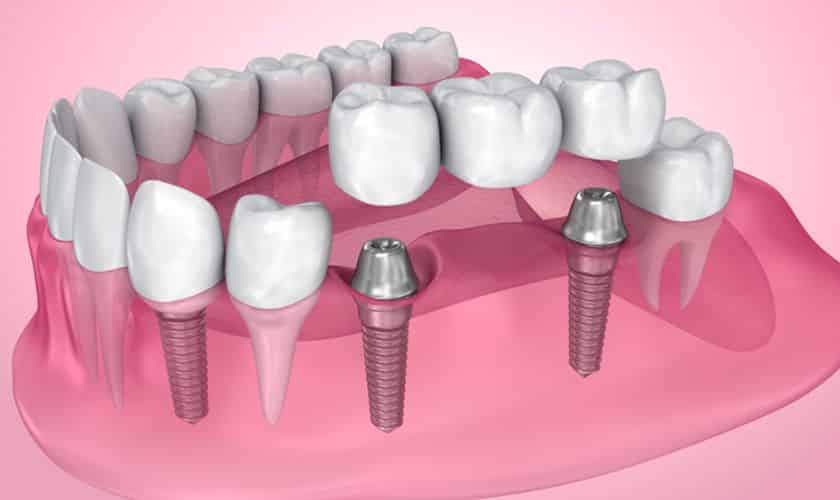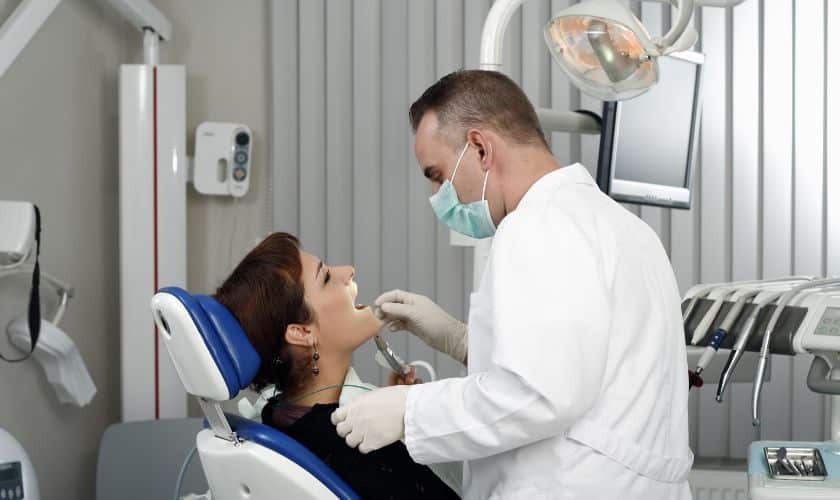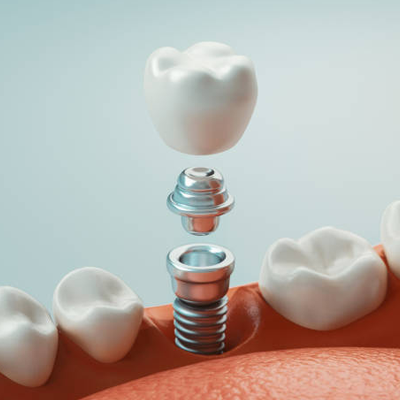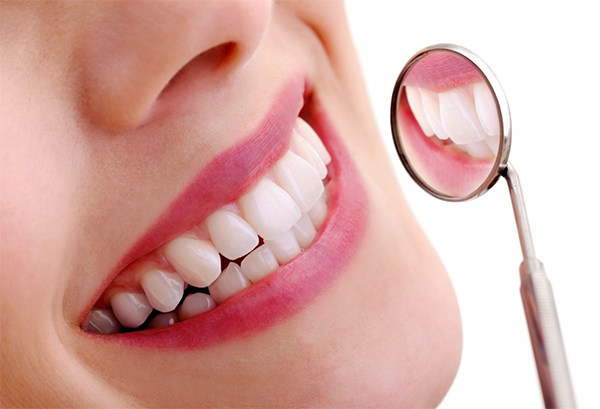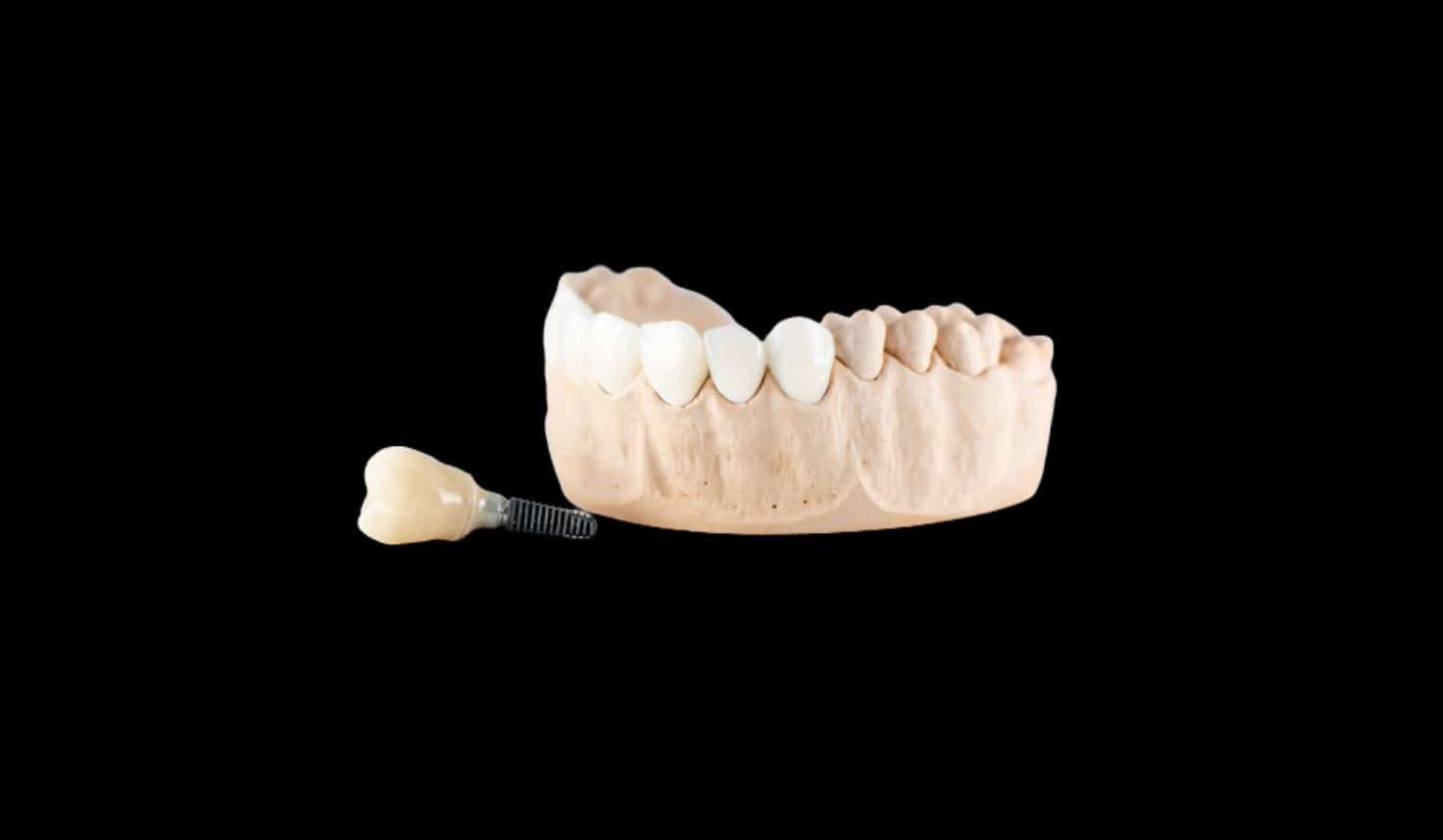
Dental implants are a popular and reliable choice for replacing missing teeth. Dental implant surgery places artificial tooth roots into the jawbone to support a replacement tooth or bridge. While the procedure is considered one of the most successful in modern dentistry, risks can be involved. Knowing what to expect before and after the procedure will help decrease any stress or anxiety associated with it. Here are five things that can happen after dental implant surgery:
5 Things That Can Happen After Dental Implant Surgery
The after-effects of dental implant surgery vary from person to person. The most common effects of dental implant surgery are:
1. Swelling and Bruising
Swelling of the surrounding tissue and bruising around the mouth area may occur after dental implant surgery. This is normal and usually diminishes within 3-7 days post-surgery but can last up to two weeks in some cases. Over-the-counter pain medications such as ibuprofen or paracetamol can help reduce swelling and relieve discomfort.
2. Increased Sensitivity
Increased sensitivity of the gums and teeth may also be experienced following dental implant surgery due to irritation from brushing or flossing too vigorously or eating hard foods that require more pressure to chew them. Over time, however, this sensation should dissipate as your body adjusts to your new dental implants. If needed, you can use an over-the-counter desensitizing toothpaste to help lessen any discomfort that might arise from increased sensitivity in the short term. At the same time, you get used to your new smile.
3. Infection
Infection is a possible complication associated with any type of surgery, and dental implant surgery is no exception. Some signs of infection include redness, swelling, pain, or discharge at the surgical site, as well as fever, chills, or general fatigue, so it’s essential to contact your dentist immediately if you experience any of these symptoms after having a dental implant placed. To minimize your risk of infection, it’s important to follow all instructions from your dentist on how to care for your gum and mouth both before and after the procedure since infections can develop if proper care isn’t taken.
4. Nerve Damage
Nerve damage is another potential risk associated with dental implant surgery, although it’s rarer than infection (less than 5 percent). This nerve damage can cause numbness in nearby areas such as lips or chin, which may be permanent in some cases if left untreated by a dentist who specializes in restoring damaged nerves within six months post-surgery. In most cases, however, nerve damage resolves naturally over time without requiring additional treatment beyond what’s already been done during the initial procedure, depending on its extent when assessed by a professional dentist.
5. Bone Loss
In some cases, bone loss can occur near where a dental implant has been placed, causing less stability for the replacement tooth, which may lead to its eventual failure if not treated promptly by an experienced restorative dentist who specializes in treating bone loss caused by failed implants. This condition may be caused by several factors, including poor oral hygiene habits, meaning it’s important for patients receiving implants to take good care of their mouths, even more so than regular teeth since they don’t have access to natural defenses like saliva protection against bacteria growth, unlike regular teeth.
The Bottom Line
Dental implant surgery is a life-changing event. Not only will you be able to smile confidently, but you’ll also reap the many benefits of having dental implants. While there are some risks associated with any surgery, you can ensure a successful outcome by working closely with your oral surgeon and following their post-operative instructions. Schedule a consultation with an experienced oral surgeon today to see if dental implants are right for you.




